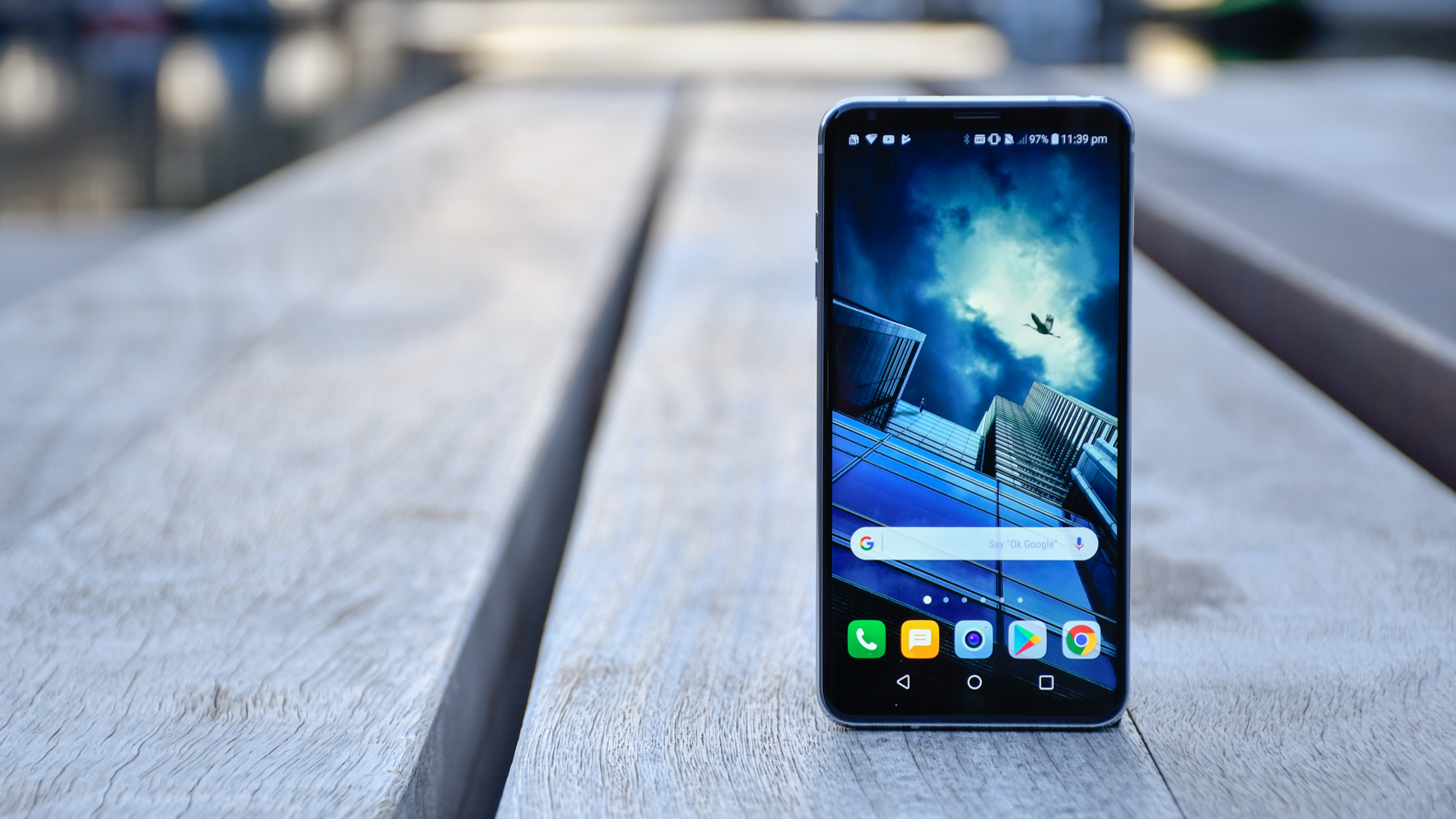Why you can trust TechRadar
Although LG took its time (perhaps, too long) to bring the V30 to market following its announcement, the company has taken full advantage of its opportunity to make good on the learnings from the LG V20 and LG G6. From the feature set (stuffed full) to the availability (no longer just a US-only affair), it’s easy to see that, yes, LG is actually listening to feedback.
The price is on-par with other phablets in its class, meaning that it’s high, but the V30 earns its stars with a gorgeous OLED display, impressive design and lot of power.
While the rear-facing camera’s low-light performance doesn’t quite live up to expectations, there’s a lot of fun to be had with its numerous features, like Point Zoom for dramatic close-ups and Cine Video color grading.
Who's it for?
The LG V30 is for the Android fan who’s been looking for a phone that looks forward while respecting the past. The 18:9 aspect ratio looks especially nice on LG’s slightly curved glass design and while it’s thin, it doesn’t shed useful hardware like the headphone jack or the dual cameras on the rear.
Additionally, it packs more than enough power to last you the next few years and with features like HDR and Google Daydream support, you’ll actually want to use this phone moving forward.
Should you buy it?
If you’ve been holding out for a smartphone that doesn’t put the squeeze on useful features, but does the opposite, filling it to the brim with utilities, you might have thought you’d be waiting an eternity. But actually, the LG V30 is that very phone.
Sitting next to each of this year’s exciting flagships, the V30 holds its own thanks to a dollop of power, expandable storage, Daydream support and a capable camera that’s loaded with things to do.
Sign up for breaking news, reviews, opinion, top tech deals, and more.

Cameron is a writer at The Verge, focused on reviews, deals coverage, and news. He wrote for magazines and websites such as The Verge, TechRadar, Practical Photoshop, Polygon, Eater and Al Bawaba.
